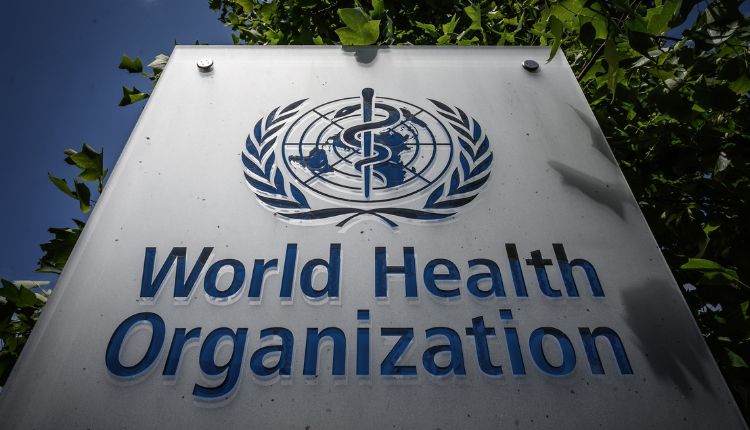The World Health Organization (WHO) is a global health organization with a mission to protect and promote the health of people. It was established by the United Nations in 1948. WHO’s remit has expanded from its original focus on children’s health to include infectious diseases, nutrition, and sanitation. In addition, the WHO works to address climate change and road safety, and coordinates activities on drug use and tobacco.
Since its founding, WHO has been an influential organization in the field of global health. For example, the agency has played a key role in the fight against the smallpox epidemic. A nationwide vaccination program helped eradicate the disease in the early 1980s. Further, in recent decades, child vaccination programs contributed to a 99 percent reduction in polio cases.
The WHO has also been responsible for efforts to combat a variety of outbreaks and endemic diseases, including the SARS and COVID-19 pandemics. These campaigns have included nationwide vaccination programs, instruction on the use of insecticides, and the improvement of clinical facilities.
However, the agency has been criticized for its response to the Ebola and Zika virus outbreaks. After the outbreaks were announced, the WHO waited five months to declare them as public health emergencies. This delay prompted calls for major reforms.
The WHO has been involved in ongoing reforms to improve the effectiveness of its work. One of the goals of the reforms is to align the agency’s goals with those of its donors. Most of the funding for the organization comes from voluntary contributions. Among the top donors are the United States, Germany, Japan, and the Bill and Melinda Gates Foundation.
While the WHO plays an important role in coordinating global responses to major outbreaks, it is also a critical arbiter of best practices. As part of this responsibility, the agency provides technical guidance and publishes scientific papers. Also, the organization provides a list of essential diagnostic tests.
With its 194 member states and numerous partners, the WHO is an influential organization in the world of global health. The organization’s main goals are to improve access to health care for those in groups that lack good health care. Additionally, it is tasked with ensuring the availability of appropriate technology and fostering a collaborative environment among various health stakeholders.
The WHO’s budget is derived from voluntary contributions from countries and nonprofit organizations. Almost 80 percent of the organization’s budget is based on these contributions. Of the remaining portion, about 16 percent is funded by mandatory dues paid by member states.
Although the WHO has been a leading player in the international health arena for many years, it continues to undergo reforms to enhance its capacity and address complex health challenges. As the world becomes increasingly globalized, WHO must adapt to an ever-changing landscape. By focusing on its unique comparative advantages, the organization can better achieve its objectives.
In addition to the role that the WHO has played in fighting a number of endemic and infectious diseases, it has been critical in coordinating the global response to major outbreaks such as the 2015-16 Zika virus outbreak. Additionally, the WHO has been a major supporter of the development of national training institutions for medical personnel and in helping to set up local health centers.

